Page 6
Category: Regulations
-

Government releases National Energy Performance Strategy
The federal government has released the National Energy Performance Strategy (NEPS), with a focus on lowering energy bills.
-

Submissions open for electricity and energy plan
The federal government is seeking input for its Electricity and Energy Sector Plan, which will support the existing Net Zero Plan.
-
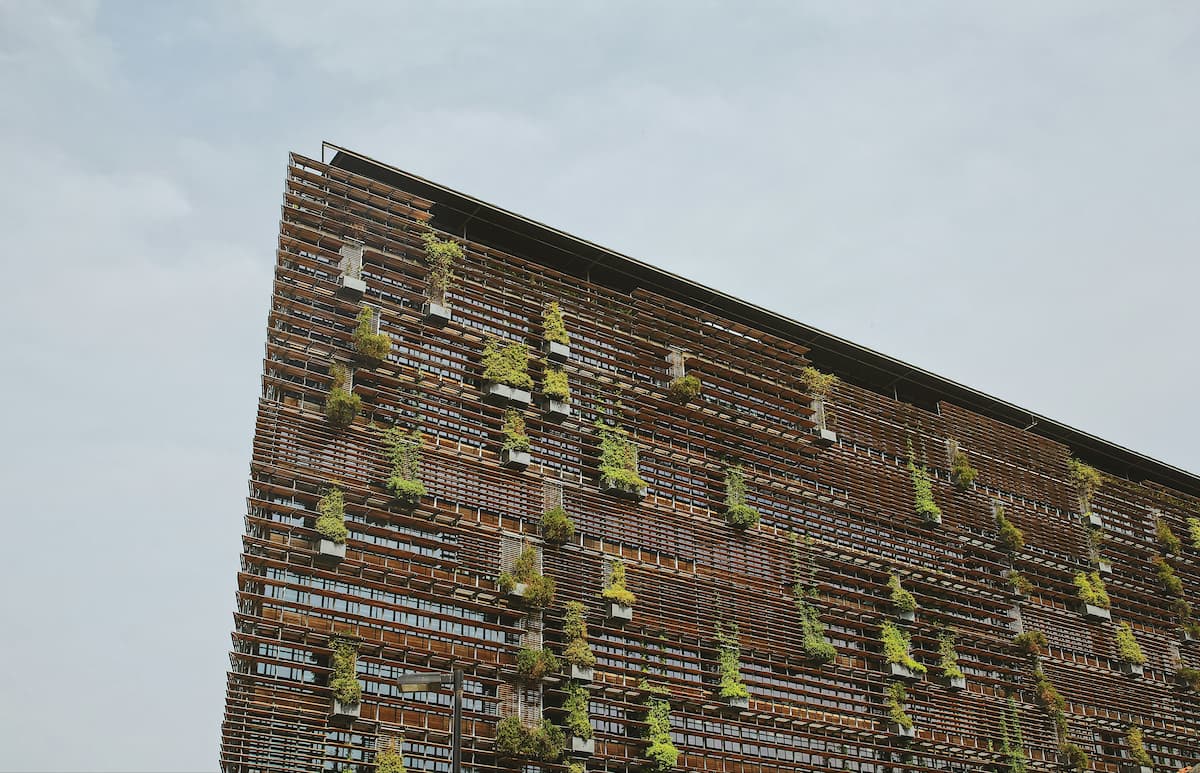
Professional registration opens in ACT
The ACT government has opened its registration scheme for professional engineers, making it the fourth jurisdiction in Australia to establish such a scheme, alongside Queensland, Victoria and New South Wales.
-

Australian Apprenticeship Incentive System under review
The Australian Government has launched a strategic review into the Australian Apprenticeship Incentive System.
-

Road to professional registration in ACT
With applications for professional registration in the ACT set to open on March 6, 2024, the ACT government is running an information session about the incoming scheme.
-

Mandatory CPD for HVAC&R technicians in Victoria
Victoria’s Department of Energy, Environment and Climate Action (DEECA) has released a regulatory impact statement (RIS) to help determine whether or not to establish a compulsory CPD scheme for building practitioners and plumbers, including HVAC&R technicians.
-
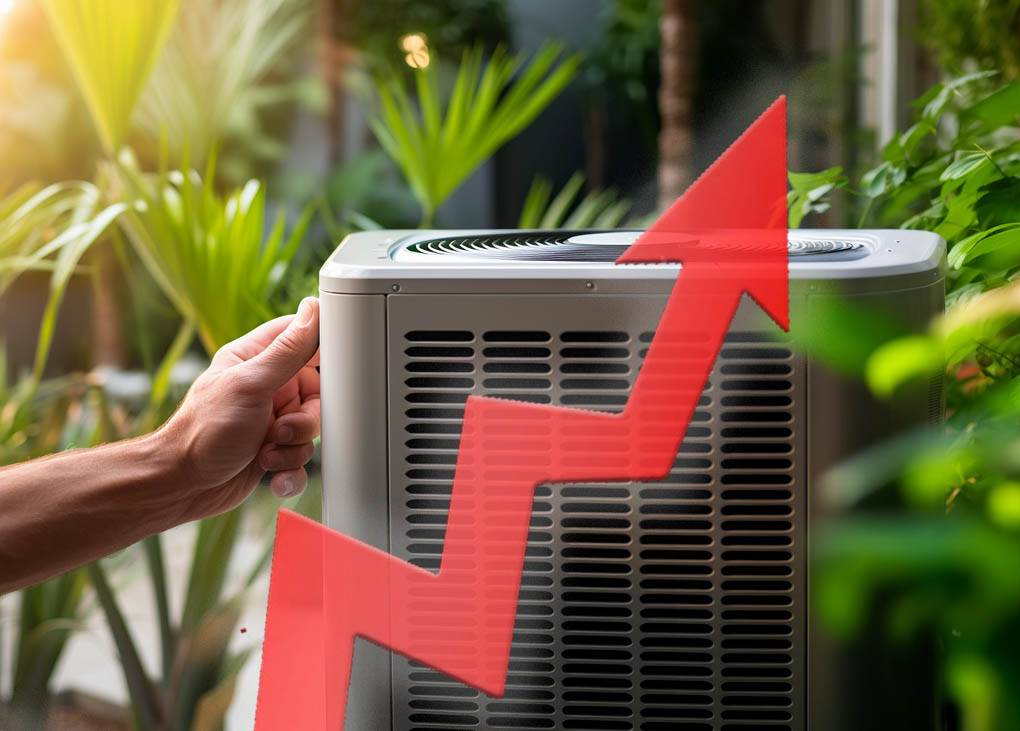
Heat pump sales set to spike
Nine states in America have signed an agreement to increase heat pump sales and accelerate the transition to pollution-free buildings.
-

Government sets its sights on dodgy RTOs
A new bill has been introduced into federal parliament to address integrity and quality issues in the vocational education and training (VET) sector.
-

European views on the F-gas phase-out
HVAC&R News reached out to experts in Europe who have been closely engaged with the revision of the F-gas regulation for their views.
-
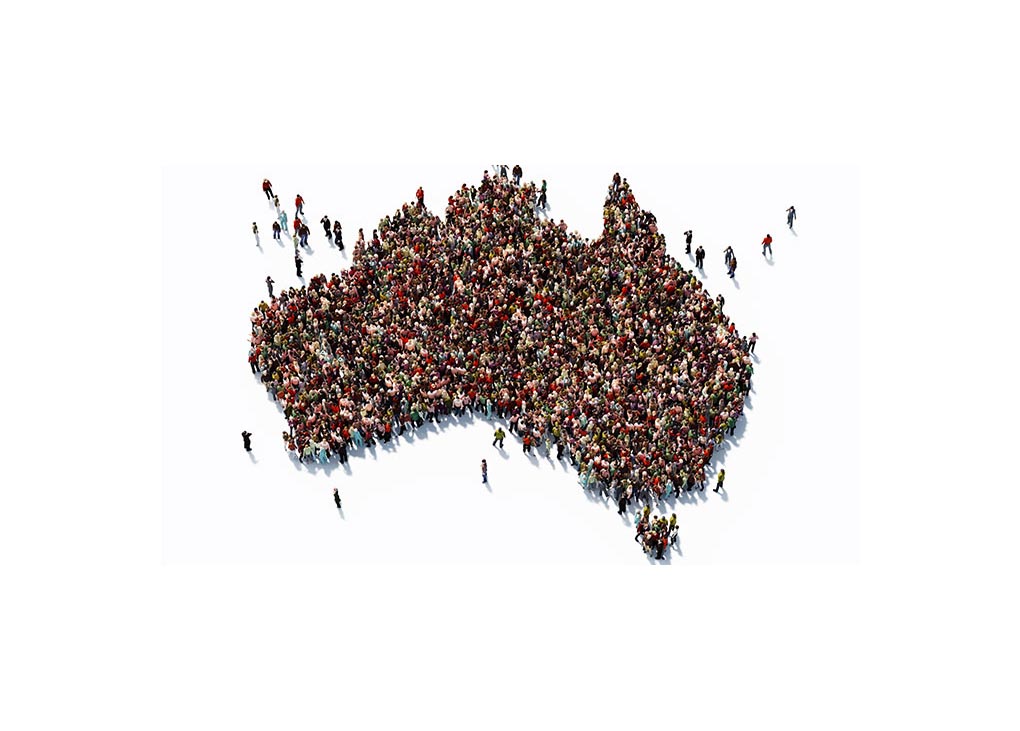
Concerns raised about ANZSCO updates
HVAC&R stakeholders have raised concerns about updates to the Australian and New Zealand Standard Classification of Occupations (ANZSCO).
-

Refrigerants Australia seeks clarification on EU changes
Refrigerants Australia has made a submission to the European Commission posing questions about the HFC phase-out.
-
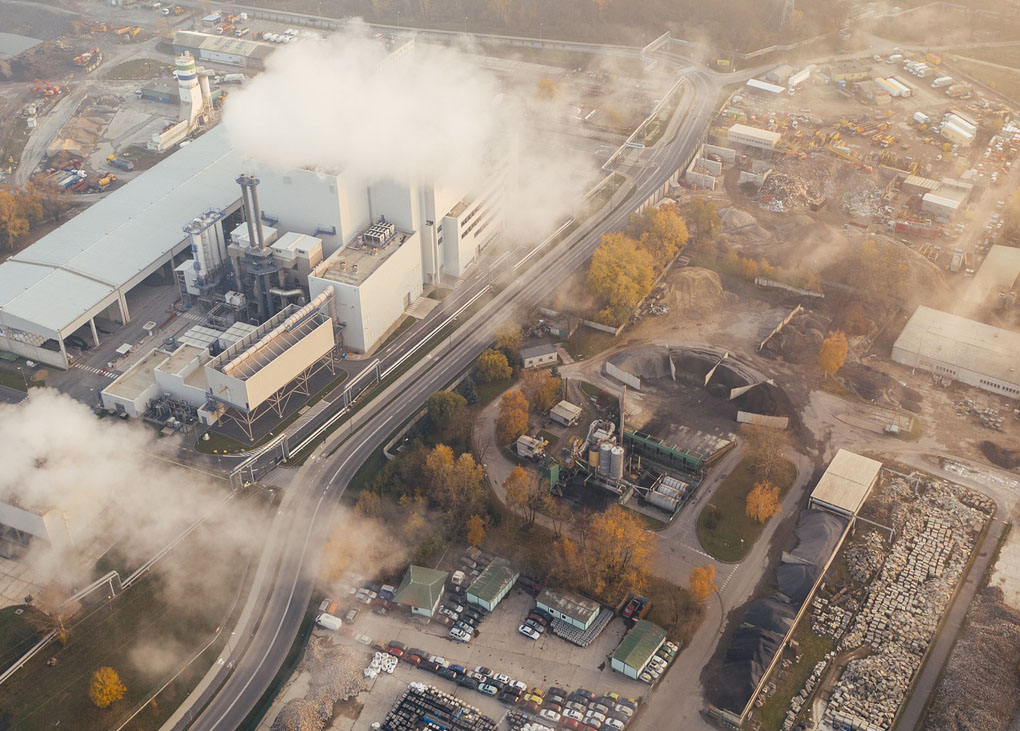
New standard for carbon emissions
ASHRAE and the ICC have released a proposed joint standard for the evaluation and documentation of greenhouse gas emissions.
-

EU Parliament approves HFC phase-out by 2050
In a historic vote on Tuesday, the European Parliament chose overwhelmingly to support rules that will ban HFCs by 2050.
-

Clock ticking on AS 1668 review
Time is running out to submit comments on the draft version of one of the most important standards for HVAC practitioners in Australia: AS 1668 The use of ventilation and airconditioning in buildings.
-
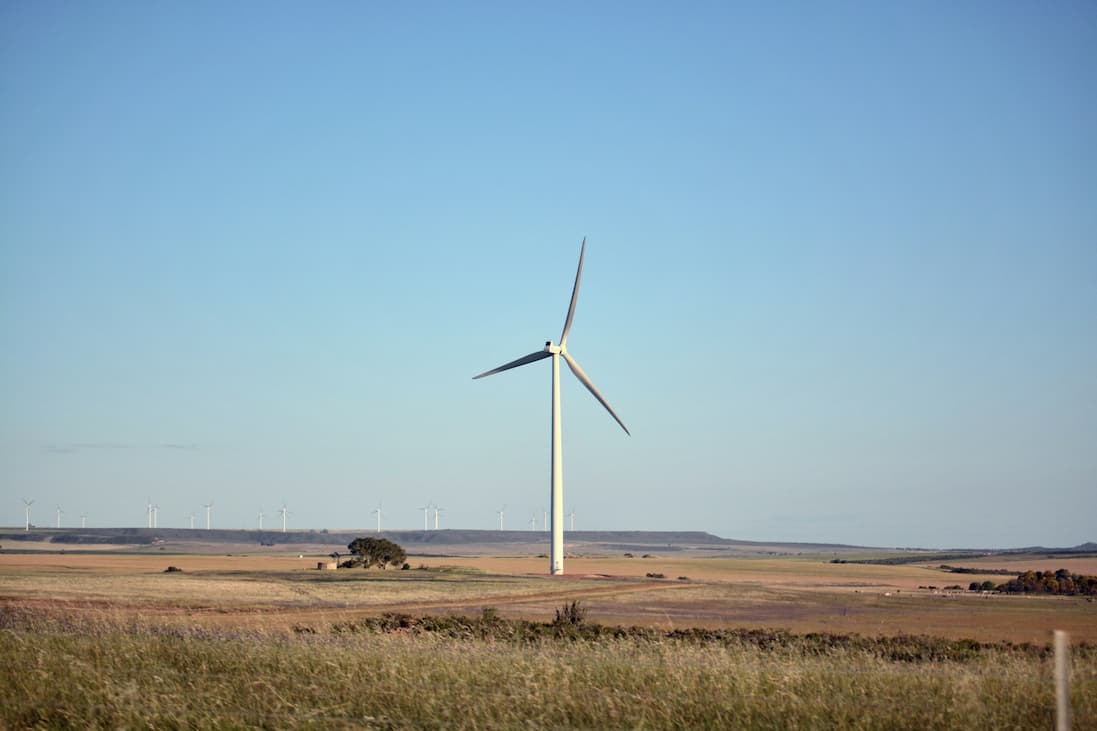
WA releases sectoral emissions reduction strategy
The Western Australian government has released a plan to reduce emissions across seven sectors and achieve net zero by 2050.
-
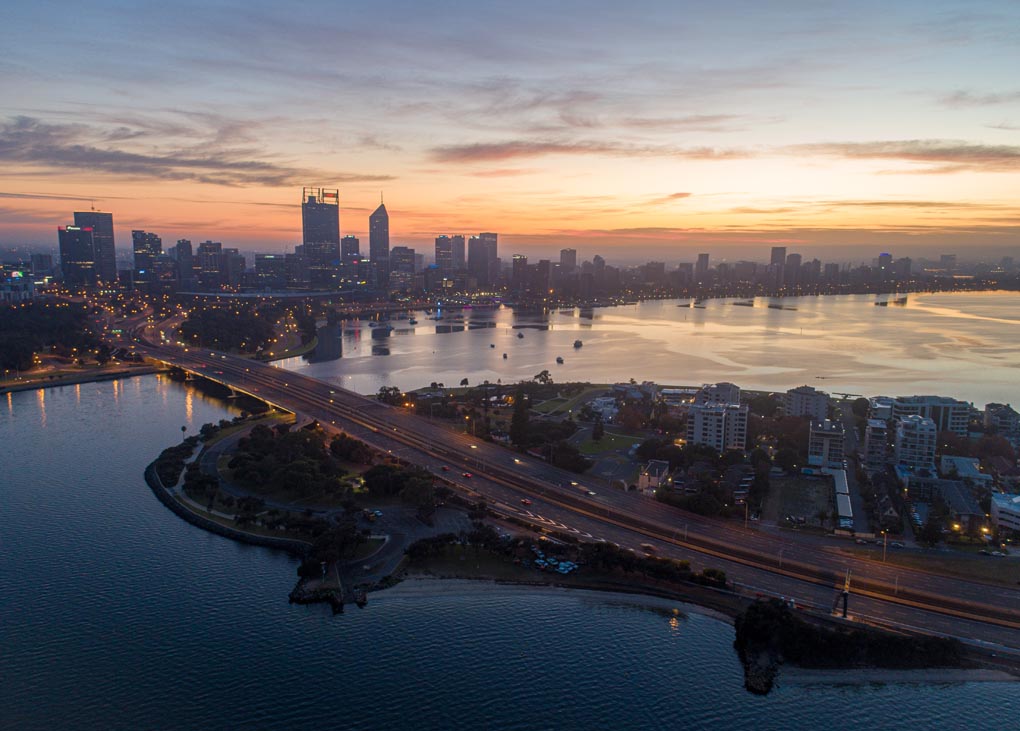
New policy for building engineering contractors
The WA government is seeking feedback on a draft management and supervision policy that will apply to registered engineers in the state.
-
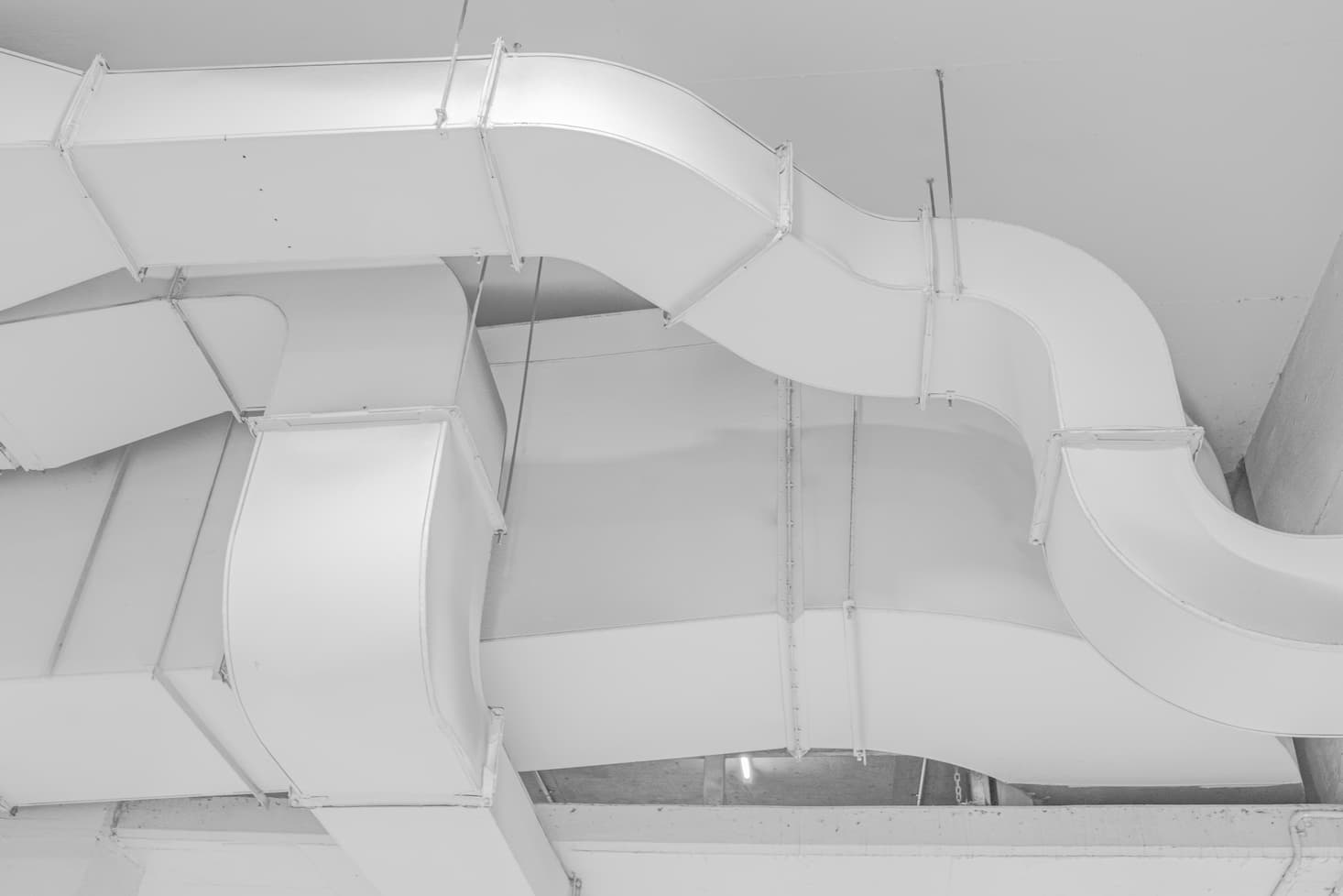
Need to know: key updates to AS 1668
One of the most important Australian Standards used by HVAC practitioners, AS 1668, is being reviewed. Brett Fairweather, M.AIRAH, from It’s Engineered takes us through the major changes and the key talking points in the drafts of AS 1668.2 and AS 1668.4, which are open for public comment until January 23, 2024. Why is an […]
-

Industry collaborates to strengthen fire safety
A new course has become available for HVAC&R technicians maintaining or signing off mechanical services for Annual Fire Safety Statements.
-

Public v private: the great trade training debate
November has been a busy month for skills training in Australia. The federal and Victorian governments combined to announce funding for up to 62,800 new fee-free TAFE positions in Victoria – with the construction industry highlighted as a major area of need. Meanwhile, the National Centre for Vocational Education Research (NCVER) released a report suggesting […]
-
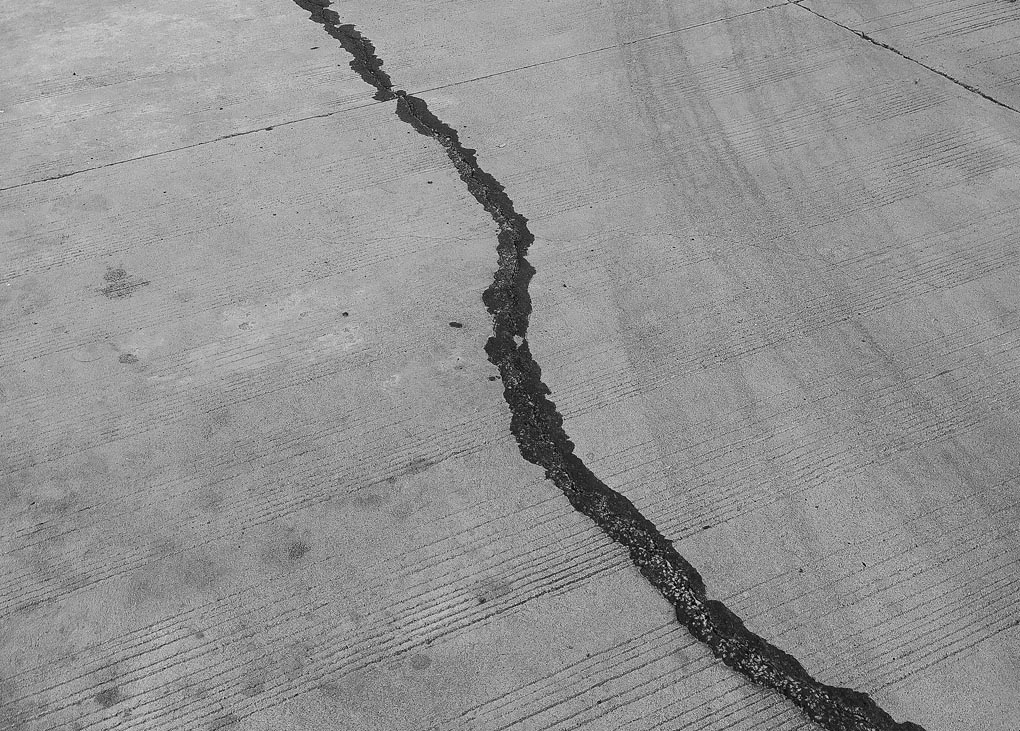
Seismic standard open for comment
Standards Australia’s BD-006 committee has released a draft of an amendment to AS 1170.4 Structural design actions – Earthquake actions in Australia for public comment. Standards Australia says the main purpose of the amendment is to incorporate general editorial changes to improve clarity and remove ambiguity, as well as updates to the seismic hazard map. […]